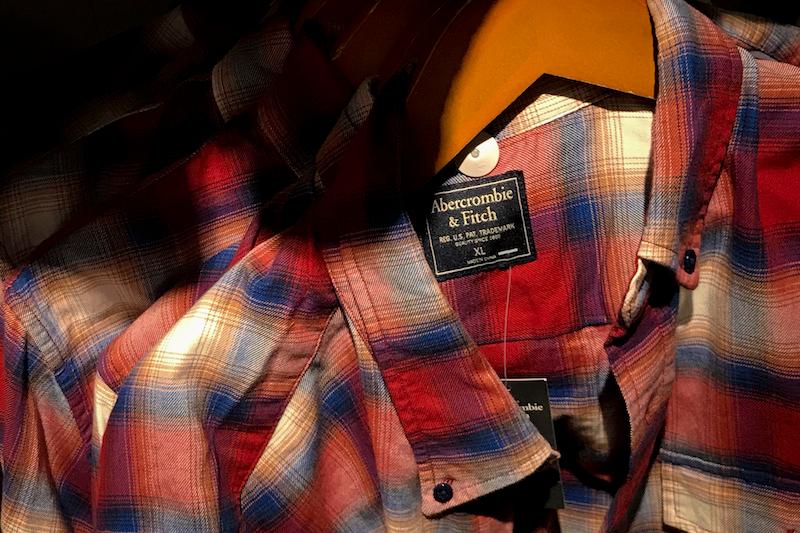WASHINGTON—President Donald Trump said on Sept. 7 that he’s prepared to impose tariffs on an additional $267 billion in Chinese imports. Such a step would significantly escalate his trade war with Beijing and would likely increase costs for a broad range of U.S. businesses and consumers.
Those potential tariffs would come on top of tariffs Trump has said he’s poised to slap on $200 billion worth of Chinese goods—everything from handbags to bicycle tires.





